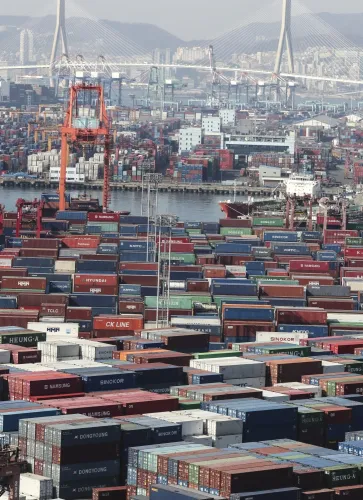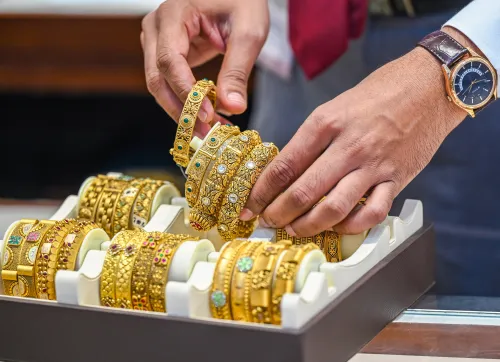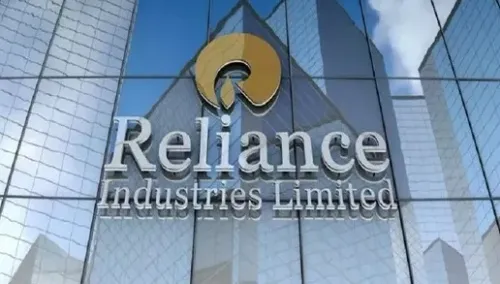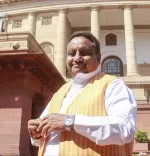Has the Government Expanded Financial Assistance for Indigenous EV Chargers?
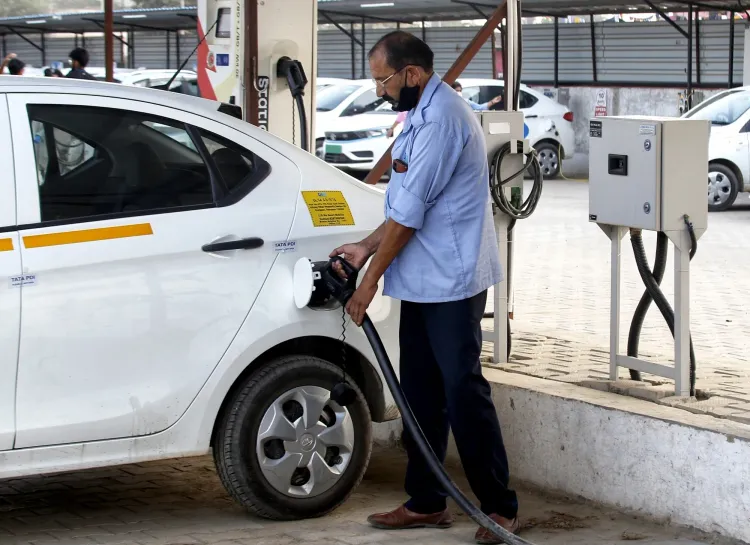
Synopsis
Key Takeaways
- Financial support for indigenous EV chargers.
- Aim to reduce reliance on imported technology.
- Boosts the domestic electric mobility ecosystem.
- Supports India's goal of net-zero emissions.
- Strengthens supply chains in clean-tech sectors.
New Delhi, Nov 27 (NationPress) - The Department of Science and Technology has approved financial assistance to a firm based in Himachal Pradesh for the commercialization of electric vehicle (EV) chargers that are designed and manufactured locally, as announced on Thursday.
This funding to Electrowaves Electronics aims to diminish reliance on imported charging solutions and expedite India’s shift towards electric transportation, according to the statement.
The company has created in-house alternating current and direct current fast chargers along with essential components such as power modules, insulation monitoring devices, and communication controllers, as noted in the statement from the Ministry of Science & Technology.
The DC fast chargers function within the range of 30–240 kilowatts, and the technology stack includes 15 kilowatt (kW) and 30 kW power converter modules that support a direct current output of 100–1,000 volts and a maximum current of 100 amperes.
Additionally, the technology stack includes a programmable logic controller (PLC) communication controller and an open charge point protocol communication controller, along with a universal DC charge controller featuring a complete human-machine interface (HMI) design, the statement highlighted.
The company has also developed AC Type-2 chargers that are appropriate for both domestic and public charging applications, enhancing the accessibility of high-efficiency, India-made EV charging systems.
The support from the Technology Development Board (TDB) is anticipated to strengthen the domestic electric mobility ecosystem by increasing the production of technologically advanced charging infrastructure, boosting accessibility, and aiding India’s objective of achieving net-zero emissions.
This initiative also fortifies supply chains within the strategic energy and clean technology sectors, enhancing India’s competitiveness on the global EV stage, the statement further added.
Rajesh Kumar Pathak, Secretary of TDB, commented that such projects contribute to energy security, promote sustainable industrial growth, and expedite the nation’s transition towards clean mobility.
The statement further underscored TDB’s unwavering commitment to fostering indigenous technology development, encouraging Make in India, and establishing robust domestic capabilities in next-generation transportation systems.

